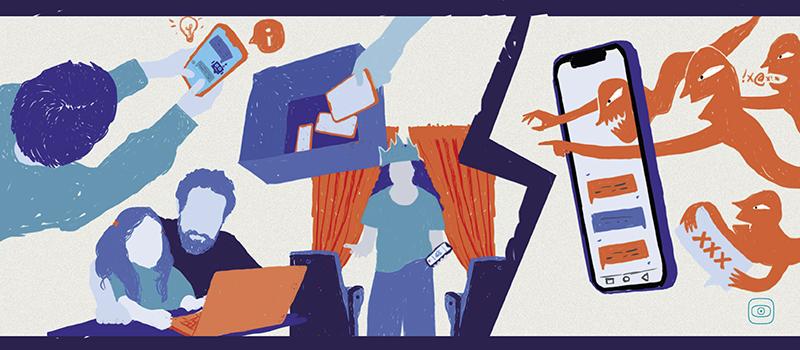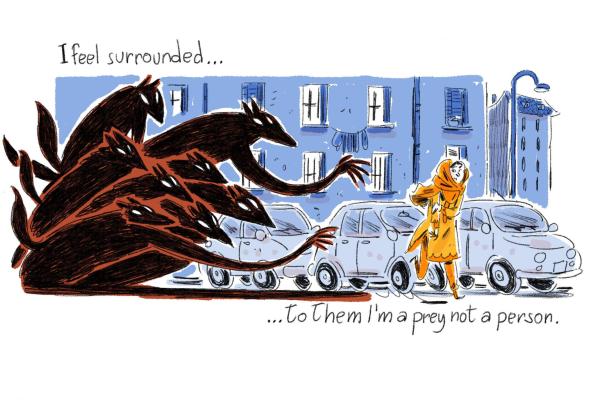The accelerated development of AI only adds complexity, generating new forms of cyberviolence, such as deepfake nudes and deepfake pornography, which further exacerbate the already serious emotional and psychological risks associated with prolonged screen time.
For many parents and educators, the digital world feels overwhelming. Schools are only just beginning to address the complex forms of violence that children experience in their everyday lives, while authorities—often unaware or unequipped—struggle to respond. Legislation lags behind, and technology companies remain largely silent about the threats perpetuated on their platforms and networks.
In this intricate context, a team of journalists from Romania, Spain, and Ukraine investigate the tools, laws, and protection measures currently in place to counter the growing forms of online violence affecting millions of young people. The solutions range from media education and digital literacy programmes to participatory theatre raising awareness about cyberharassment; from hotlines for reporting and monitoring online child sexual abuse to AI chatbots designed to help young people and their families stay safer online.
The in-depth series of articles published by each media outlet also maps emerging legislative initiatives across Europe—such as social media and mobile phone bans in schools, or granting individuals copyright over their own faces to combat deepfake imagery. These are all pieces of a complex puzzle of measures that must be taken and continually adapted in the face of an ever-growing wave of digital, borderless crimes against some of the most vulnerable internet users.
Image by Malu Jaramillo/Maldita.es
















